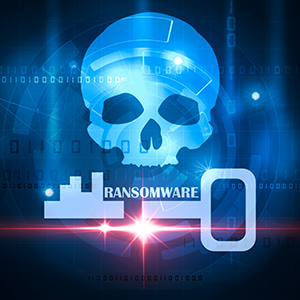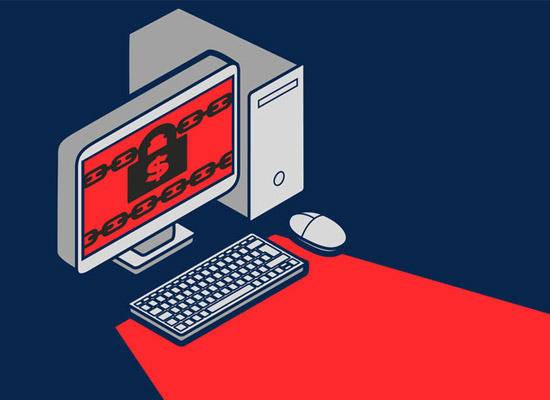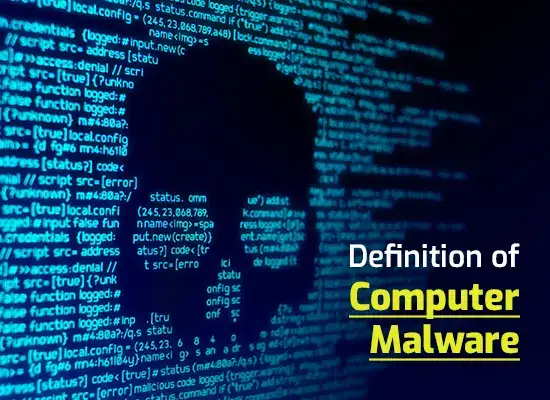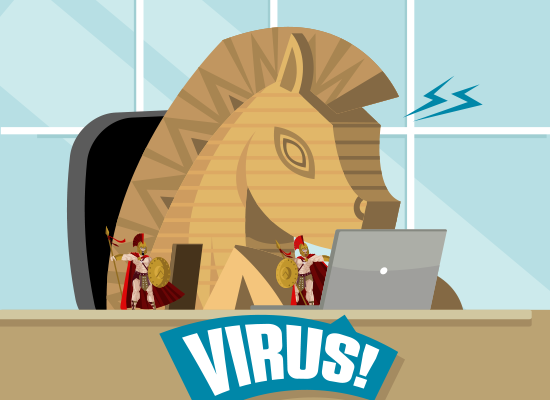Learn What is Trojan Virus for better Endpoint Protection
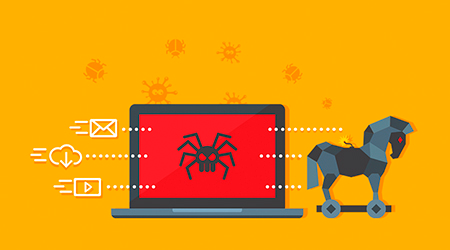 Are you wondering how the Trojan Virus got its name? It’s from the Greek mythology where the Greeks built a giant wooden horse as gift to sneak into the city of Troy – the Trojan Virus. It disguises itself as a normal, unsuspicious file. On the Internet, there are many types of Trojan viruses which can do set of tasks. Its goal is to control a user’s endpoint, stealing data and injecting more malware on to a victim’s computer. It can also perform the following:
Are you wondering how the Trojan Virus got its name? It’s from the Greek mythology where the Greeks built a giant wooden horse as gift to sneak into the city of Troy – the Trojan Virus. It disguises itself as a normal, unsuspicious file. On the Internet, there are many types of Trojan viruses which can do set of tasks. Its goal is to control a user’s endpoint, stealing data and injecting more malware on to a victim’s computer. It can also perform the following:
- Erasing data from endpoints
- Copying data of endpoints
- Blocking data into the endpoints
- Changing data of endpoints
- Disrupting the performance of computers or computer networks
Note: Trojans can’t replicate themselves unlike other viruses.
The Side Effects of Trojan Virus Infection
Trojans come in different forms. It’s very important to learn each type for better familiarity on the crisis it might bring to you. Here are a couple of malicious Trojans that are sure to wreak havoc on endpoint users:
Tips to Stay Protected from Trojan Viruses:
We’re still here to guide you on how to fully stay safe from Trojan viruses. Just follow these tips:
- Use your Antivirus Software as often as possible
- Make sure your antivirus is always updated
- Stay out of malicious websites
- Never click attachments and malicious links from unknown emails
- Use difficult passwords for your personal protection
- Always use firewalls for keeping your personal information safe
| Type of Trojan Viruses | Description |
|---|---|
| Exploit | It contains data or code that abuses vulnerability within application software that’s operating on your endpoint. |
| Backdoor | It gives malicious users remote access over the infected computer. They can do whatever they want such as sending, receiving, launching and deleting files, displaying data and rebooting the endpoint. |
| Rootkit | These are designed to hide certain objects or activities in your system. This can effectively prevent malicious programs being detected. |
| Trojan-Banker | Its purpose is to steal your account data for online banking systems, e-payment systems and credit or debit cards. |
| Trojan-DDoS | Tis Trojan can start up the Denial of Service (DoS) attacks. Not only can it affect endpoints, but also websites. By sending multiple requests – from your computer and several other infected computers – the attack can overload the target address which leads to a denial of service. |
| Trojan-Downloader | Trojan-Downloaders can download and install new versions of malicious programs onto your computer – including Trojans and adware. |
| Trojan-Dropper | This is used to install Trojans and other viruses onto the computer. This can also conceal detection of malicious programs. If you’re using a weak or outdated antivirus, some of them can’t scan all of the components inside this type of Trojan. |
| Trojan-FakeAV | Trojan-FakeAV programs copy the activity of antivirus software. They are created to extort money from you. In return, they’ll remove the detection and threat removal. Even though, the threats that they report are don’t actually exist. |
| Trojan-GameThief | If you’re into gaming, you know that online gaming can also garner loads of cash. Cyber criminals also crafted this Trojan virus which steals user account information from online gamers. |
| Trojan-IM | If you’re fond of using instant messaging programs, this Trojan can take away your logins and passwords. |
| Trojan-Ransom | This Trojan can change data on your endpoint. This can lead to endpoint malfunction. The cyber criminal will demand a ransom. They’ll only replace your computer’s performance or unblock your data, after you have paid them. |
| Trojan-SMS | It sends out text messages which uses mobile device to premium rate phone numbers. |
| Trojan-Spy | Trojan-Spy programs can spy on how you’re using your computer – for example, by tracking the data you enter via your keyboard, taking screen shots or getting a list of running applications. |
| Trojan-Mailfinder | This robs email addresses from your endpoint. |
Xcitium Antivirus Resources

